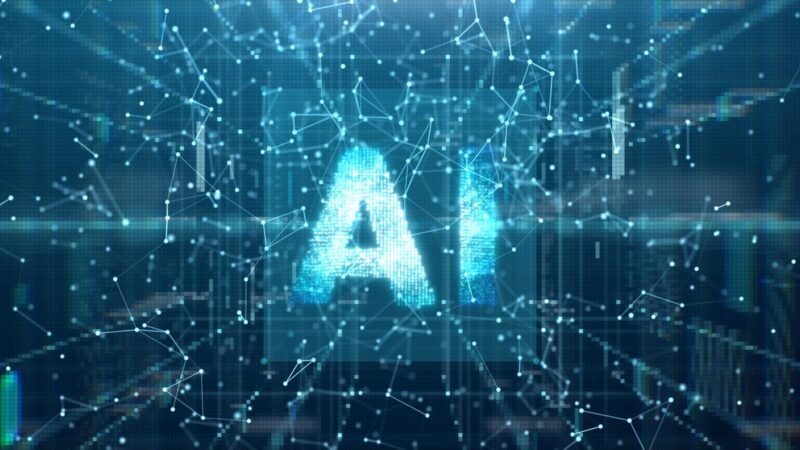Quick Takeaways
-
AI Dominance: Artificial intelligence is rapidly transforming the internet, enhancing tools like ChatGPT and Google Search, making it possible to obtain instant answers and reshaping economic landscapes with a potential value of $4.4 trillion annually.
-
Diverse Applications: Generative AI is emerging in various products (e.g., Google Gemini, Microsoft’s Copilot), showcasing its capabilities in generating content and facilitating users’ tasks across multiple domains.
-
Essential AI Concepts: Key terms like artificial general intelligence (AGI), autonomous agents, and AI ethics are critical for understanding AI’s development and implications on society, emphasizing the importance of ethical frameworks and safety measures.
- Emerging Challenges: AI introduces significant challenges such as biases in data, potential for misinformation (hallucinations), and uncontrolled AI behavior, necessitating ongoing discussion around ethical considerations and regulatory guidelines.
The Rise of AI and Its Impact on Daily Life
Artificial intelligence (AI) is becoming an integral part of our lives. From ChatGPT’s immense popularity to Google’s AI-infused search results, AI seems to be everywhere. People can now get instant answers to nearly any question. This capability often feels like conversing with a highly knowledgeable friend. However, that only scratches the surface. Generative AI holds the potential to reshape entire economies, potentially adding $4.4 trillion annually to the global economy, according to McKinsey Global Institute.
Furthermore, AI now appears in various applications. Google Gemini and Microsoft Copilot are among the latest innovations. They enhance user experiences and streamline tasks. As our familiarity with AI increases, new terms are emerging. Understanding these terms not only aids conversations but also improves our engagement with technology in a meaningful way.
Navigating Key AI Terminology
Many essential AI terms have surfaced as technology evolves. For instance, artificial general intelligence (AGI) refers to a future version of AI that could outperform humans in various tasks. Additionally, concepts like agentive models showcase AI systems capable of taking autonomous actions. Terms such as AI ethics and AI safety highlight the need for responsible development and long-term planning.
Moreover, a chatbot represents a program designed to communicate like a human. Prominent examples include ChatGPT and Google’s Gemini. Large language models (LLMs) power these chatbots, enabling them to understand and generate human-like text. As the AI landscape continues to grow, familiarizing yourself with these terms will enhance your understanding and ability to engage in the ongoing conversation about AI’s future.
Stay Ahead with the Latest Tech Trends
Explore the future of technology with our detailed insights on Artificial Intelligence.
Access comprehensive resources on space and science by visiting NASA.
IoTV1

